The Federal Tax Service has lifted the moratorium on on-site tax audits (including repeat audits) for accredited IT companies since March 3, 2025. Acsour experts have discussed the possible consequences for IT businesses and which companies may be at risk.
What happened?
On March 3, 2025, the moratorium on on-site tax audits for IT companies, which had been in effect for three years, was lifted. Thus, from March 4, 2025, tax authorities will return to normal control and again have the right to conduct on-site audits of IT companies in order to verify compliance with tax legislation for 2022−2024.
The decision to introduce a moratorium was made by the government as a step to support the IT industry during a period of increased sanctions pressure: thus, from March 2022 to March 3, 2025 inclusive, IT companies were protected from on-site audits by the Federal Tax Service. However, the situation has changed significantly: the government decided not to extend the moratorium and resume on-site audits in IT companies.
We remind you that on-site tax audits are a form of Federal Tax Service control, within the framework of which inspectors visit the taxpayer company to check the correctness of tax calculation, compliance with payment deadlines and the reliability of reporting. Unlike desk audits, on-site audits involve an in-depth audit, including a request for primary documents, interviewing employees and inspecting premises. Thus, on-site tax audits are associated with significant risks for taxpayer companies.
What will be the consequences for IT businesses?
Acsour experts have identified the main consequences that IT companies will have to face, which may now also face on-site tax audits by the Federal Tax Service.
The lifting of the moratorium is a significant change for the IT business, which contributes to both increasing pressure on companies and increasing the transparency of the industry and trust in it on the part of the state and investors.
To avoid reputational and financial losses, Acsour recommends:
What happened?
On March 3, 2025, the moratorium on on-site tax audits for IT companies, which had been in effect for three years, was lifted. Thus, from March 4, 2025, tax authorities will return to normal control and again have the right to conduct on-site audits of IT companies in order to verify compliance with tax legislation for 2022−2024.
The decision to introduce a moratorium was made by the government as a step to support the IT industry during a period of increased sanctions pressure: thus, from March 2022 to March 3, 2025 inclusive, IT companies were protected from on-site audits by the Federal Tax Service. However, the situation has changed significantly: the government decided not to extend the moratorium and resume on-site audits in IT companies.
We remind you that on-site tax audits are a form of Federal Tax Service control, within the framework of which inspectors visit the taxpayer company to check the correctness of tax calculation, compliance with payment deadlines and the reliability of reporting. Unlike desk audits, on-site audits involve an in-depth audit, including a request for primary documents, interviewing employees and inspecting premises. Thus, on-site tax audits are associated with significant risks for taxpayer companies.
What will be the consequences for IT businesses?
Acsour experts have identified the main consequences that IT companies will have to face, which may now also face on-site tax audits by the Federal Tax Service.
- Risk of fines and additional charges. Tax authorities will be able to check the correctness of the application of all tax benefits that IT businesses used in 2022−2024. Please note that the moratorium does not imply a ban on audits for the periods it fell on: thus, IT companies should expect an increase in additional tax charges, penalties, and fines compared to the last three years.
- Increased documentation requirements. Acsour lawyers note that in the context of the cancelled moratorium on on-site audits, IT companies need to ensure the safety of primary documents (contracts, acts, invoices) for the last three years — the standard audit period.
- Attention of the Federal Tax Service to transfer pricing. IT companies with foreign counterparties must be prepared to check the validity of prices in transactions.
The lifting of the moratorium is a significant change for the IT business, which contributes to both increasing pressure on companies and increasing the transparency of the industry and trust in it on the part of the state and investors.
To avoid reputational and financial losses, Acsour recommends:
- Conduct an internal accounting audit — check whether all taxes have been paid and benefits have been correctly processed.
- Prepare documents — make sure that contracts, acts and reports for 2022−2024 are in order.
- Consult with lawyers — to minimize risks during the audit.
If the material was useful to you, share the article with colleagues and friends.


